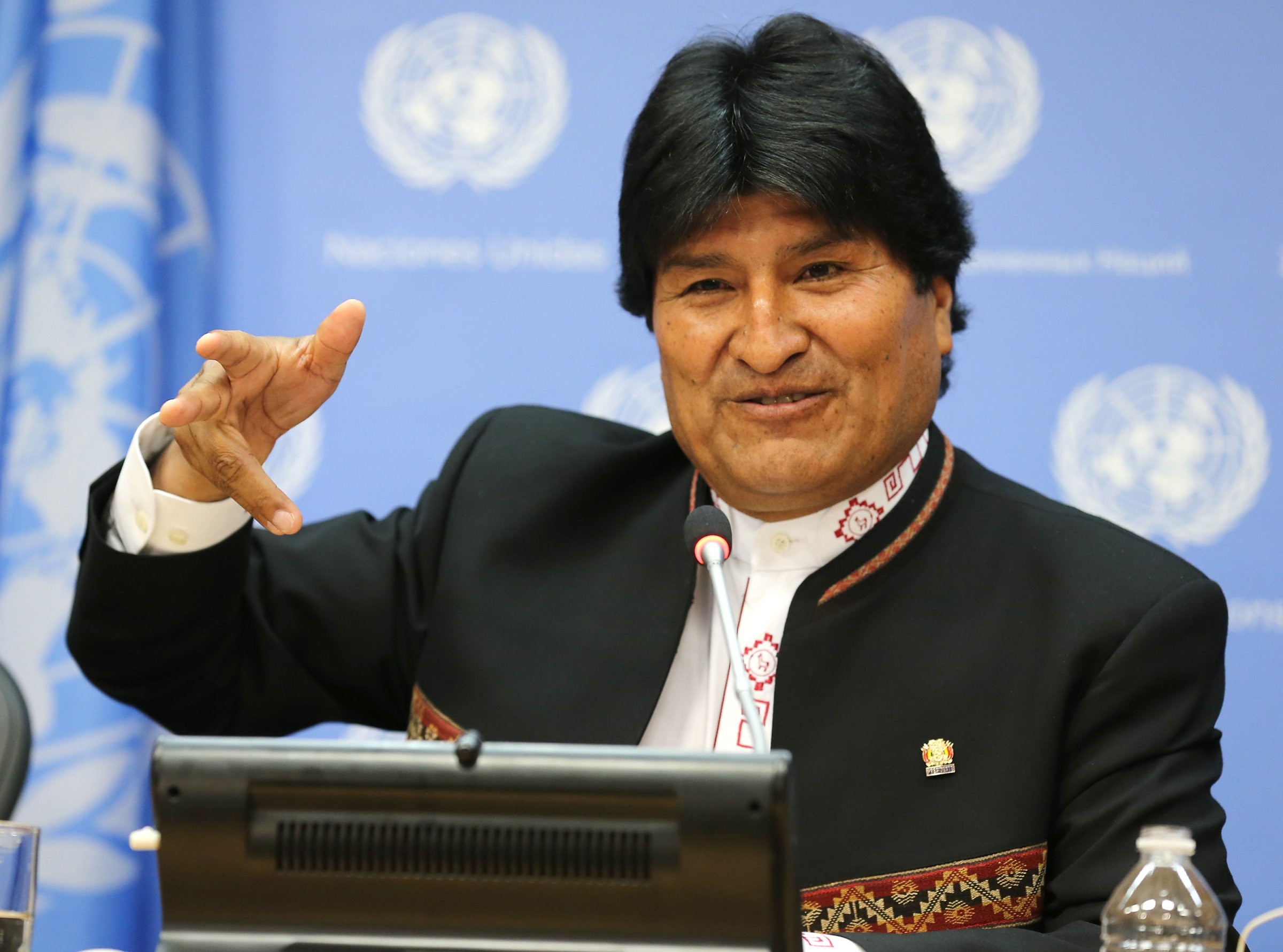
Bolivian President Evo Morales proposed Tuesday that the South American country ditch the Gregorian calendar and return to the calender that its indigenous ancestors used.
During the Aymara New Year ceremony — which marks the winter solstice and is considered the start of the new year by many indigenous people — Morales said it was important to reclaim the country’s “ancestral calendar” in a bid to distance the nation from its colonial past, reports Latin American television network TeleSur.
According to the indigenous calendar, it is the year 5524 in Bolivia.
Morales is Bolivia’s first indigenous leader and declared June 21 a national holiday in 2010. Since assuming office in 2005, he has focused on promoting an inclusive national identity for Bolivia — one of Latin America’s most ethnically diverse countries — and introducing social reforms prioritizing indigenous rights.
Morales also suggested that the indigenous calendar, which has 13 months with 28 days, was far “tidier” than the Gregorian one, where the length of months vary between 28 and 31 days, reports the BBC.
This is not the first time Morales has suggested ways of redefining the nation’s relationship to time. In 2014, the clock on the front of the capital’s Congress building was set to run anti-clockwise with its numbers inverted, to reflect the country’s location in the southern hemisphere.
More Must-Reads from TIME
- How Donald Trump Won
- The Best Inventions of 2024
- Why Sleep Is the Key to Living Longer
- Robert Zemeckis Just Wants to Move You
- How to Break 8 Toxic Communication Habits
- Nicola Coughlan Bet on Herself—And Won
- Why Vinegar Is So Good for You
- Meet TIME's Newest Class of Next Generation Leaders
Contact us at letters@time.com